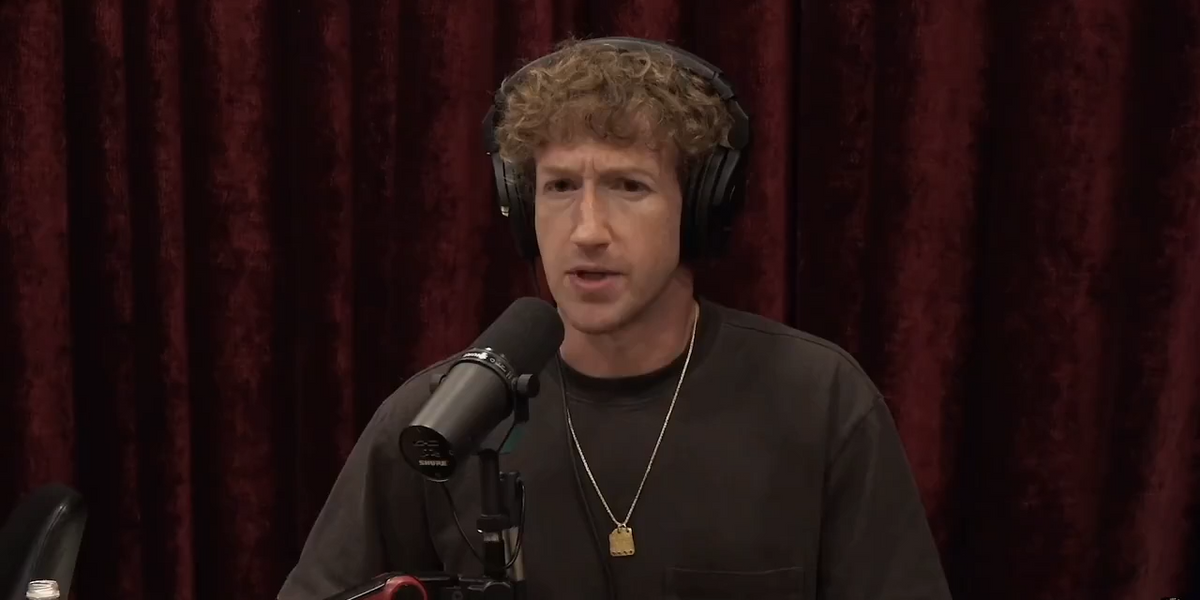Israel's security Cabinet has today recommended approval of a ceasefire deal after Prime Minister Benjamin Netanyahu confirmed an agreement had been reached that would pause the 15-month war with Hamas in Gaza and release dozens of hostages held by its militants.
Mediators Qatar and the US announced the ceasefire on Wednesday, but the deal hung in limbo for more than a day as Netanyahu insisted there were last-minute snags he blamed on Hamas.
The militants, meanwhile, maintained they were 'committed' to the deal, while residents of Gaza and families of the hostages anxiously waited to see if it would materialise.
The deal now goes to the full Cabinet of ministers for final sign-off, which is expected to OK the ceasefire even though it has drawn fierce resistance from Netanyahu's far-right coalition partners. Their objections could destabilize his government, however.
Hamas triggered the war with its October 7, 2023 incursion into Israel that saw its militants kill around 1,200 people and kidnap 250 others.
Israel responded with a devastating offensive that has killed over 46,000 Palestinians, according to local health officials, who do not distinguish between civilians and militants but say women and children make up more than half of those killed.
Beyond the death and destruction in Gaza, the conflict has also destabilized the Middle East and sparked worldwide protests.
On Thursday, Israeli strikes killing at least 72 people in Gaza. In previous conflicts, both sides have stepped up military operations in the final hours before ceasefires as a way to project strength.
Prime Minister Benjamin Netanyahu (6-L), heading a security cabinet meeting to vote on a Gaza ceasefire and hostage release deal that should take effect ton January 19, in Jerusalem on January 17, 2025
Einav Zangauker, the mother of hostage Matan Zangauker joins protesters to call for the return of hostages held in the Gaza Strip react after a Gaza ceasefire and hostage release deal was reached on January 16, 2025 in Tel Aviv, Israel
Smoke rises from the city of Rafah after the Israeli attack despite the ceasefire agreement between Hamas and Israel in Khan Yunis, Gaza on January 17, 2025
Netanyahu instructed a special task force to prepare to receive the hostages returning from Gaza, and said that their families were informed a deal had been reached.
The prime minister's office said that if the deal passes, the ceasefire could start Sunday and the first hostages could be freed then too.
Under the deal, 33 of some 100 hostages who remain in Gaza are set to be released over six weeks in exchange for hundreds of Palestinians imprisoned by Israel.
Israeli forces will pull back from many areas, hundreds of thousands of Palestinians would be able to return to what's left of their homes, and there would be a surge of humanitarian assistance.
The remainder of the hostages, including male soldiers, are to be released in a second - and much more difficult - phase that will be negotiated during the first.
Hamas has said it will not release the remaining captives without a lasting ceasefire and a full Israeli withdrawal, while Israel has vowed to keep fighting until it dismantles the group and to maintain open-ended security control over the territory.
Jaher Jabareen, head of Hamas' office responsible for prisoners, said on Friday that the names of those expected to be released from Israeli jails will be published, but didn't say when.
Longer-term questions about postwar Gaza remain, including who will rule the territory or oversee the daunting task of reconstruction.
Mourners react near the bodies of Palestinians killed in Israeli airstrikes, amid the Israel-Hamas conflict, at Nasser hospital in Khan Younis, southern Gaza Strip, January 17, 2025
Protesters calling for the return of hostages held in the Gaza Strip react after a Gaza ceasefire and hostage release deal was reached on January 16, 2025 in Tel Aviv, Israel
Palestinians gather to receive food cooked by a charity kitchen, before a ceasefire between Hamas and Israel takes effect, in Khan Younis, in the southern Gaza Strip, January 17, 2025
An Egyptian official and a Hamas official confirmed that the last-minute issues were over the list of Palestinian prisoners to be released from Israeli jails during the first phase of the deal, but those have now been resolved.
Both officials spoke on condition of anonymity to discuss the private negotiations. The Hamas official said mediators showed the group Israel's approval.
The Egyptian official added that an Israeli delegation from the military and Israel's Shin Bet internal security agency arrived in Cairo on Friday to discuss the reopening of the Rafah crossing, a key link between the Gaza Strip and Egypt.
An Israeli official who also spoke on condition of anonymity to discuss the negotiations confirmed a delegation was going to Cairo to discuss the crossing.
On Thursday, Israel's hard-line national security minister, Itamar Ben-Gvir, threatened to quit the government if Israel approved the ceasefire. He reiterated that on Friday, writing on social media platform X: 'If the "deal" passes, we will leave the government with a heavy heart.'
While Ben-Gvir's resignation would not bring down the government or derail the ceasefire deal, the move would destabilise the government at a delicate moment and could eventually lead to its collapse if Ben-Gvir were joined by other key Netanyahu allies.

 By Daily Mail (U.S.) | Created at 2025-01-17 14:02:25 | Updated at 2025-01-17 19:50:17
6 hours ago
By Daily Mail (U.S.) | Created at 2025-01-17 14:02:25 | Updated at 2025-01-17 19:50:17
6 hours ago







